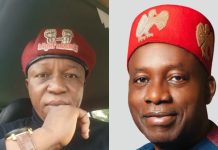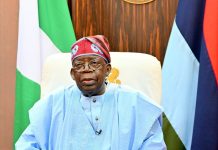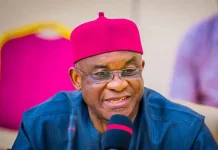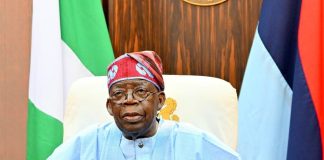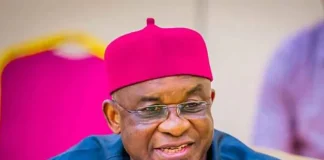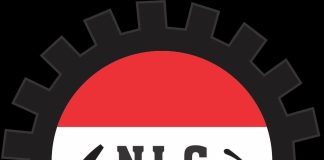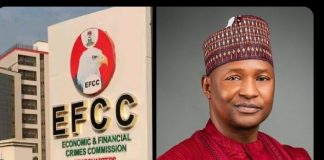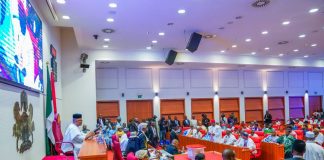🌿 Ruzu Non-Alcoholic Herbal Bitters
Ruzu Non-Alcoholic Herbal Bitters is a natural health supplement specially formulated to:
- ✅ Promote general wellness
- ✅ Detoxify the body
- ✅ Support the treatment of various ailments
Made from a powerful blend of 100% organic and medicinal herbs, Ruzu is completely alcohol-free, making it ideal for:
- 👪 All age groups
- 🌱 Health-conscious individuals
- 🌿 Anyone seeking non-alcoholic herbal remedies
Whether you're looking to boost your vitality, cleanse your system, or support healing the natural way, Ruzu Bitters offers a trusted herbal solution.
Nigeria’s headline inflation rate as of May 2024 rose to 33.95 per cent, according to the latest data released by the National Bureau of Statistics. The bureau said that food & non-alcoholic beverages and housing, water, electricity, gas, and other fuels mainly drove the inflation rate.
In the same month under review, the food inflation rate was 40.66 per cent which is 15.84 per cent higher than the rate recorded in May 2023 (24.82 per cent).
These figures reflect how high the prices of goods have been in the local market, and the consistent increase, on a monthly analysis, translates to mean that prices of food increase by the day.
RipplesMetrics understands that the increasing figures may be connected to policies enacted within the last year under the current administration of Bola Tinubu as president of Nigeria. However, to mirror the realities of the figure, this organisation compared the growth rate across other past presidents’ first year in office.
Tinubu’s first year in office
When the president assumed office in May 2023, the inflation rate stood at 22.41 per cent but in one year, under the president’s administration, the inflation rate increased by 11.54 per cent to 33.95 per cent in May 2024.
READ ALSO:RipplesMetrics: Assessing Nigeria’s economy, one year after Tinubu’s assumption
Here are some of Ripples Metrics key findings:
This is the first time the inflation rate would consistently increase through the month during the first year of a newly elected president
The inflation rate is gradually surpassing precious rate figures to become the highest inflation rate Nigeria ever recorded. For instance, this inflation rate has surpassed the highest record, since Nigeria returned to democratic rule in 1999 and the rate obtained in 1996.
In the 2024 budget, Tinubu said the budget was targeted at reducing inflation by 21.4 per cent. To achieve this, it means beginning in June 2024, the inflation rate must gradually fall by an average of 2 per cent monthly.
Ripples Metric had reported the assessment of the economy under Tinubu’s administration in one year.
Other presidents’ first year in office
Tinubu’s predecessor, Muhammadu Buhari’s first year in office in May 2015, the inflation rate was 9 per cent, but increased to 15.58 per cent in one year. The rate rose by 6.58 per cent. Although, unlike Tinubu, during Buhari’s first year, the inflation rate dropped twice before consistently increasing from November 2015 to May 2016.
When Goodluck Jonathan was elected into office as president in May 2011, the inflation rate was 12.4 per cent and by May 2012 the rate was 12.7 per cent.
Nigeria’s minimum wage in question
Recently, there have been developing conversations around the increase of Nigeria’s N30,000 minimum wage. Recall that the Nigeria Labour Congress (NLC) and the Trade Union Congress (TUC) embarked on a nationwide strike to protest the increment proposing over a 1000 per cent increase because of the reality of the economy.
With the recent inflation increase, it has become unaffordable for a Nigerian who earns N30,000 as minimum wage to survive. To put this into better perspective, as of April 2024, the cost of eating a healthy diet was pegged at N1,035. This means that anyone living in Nigeria would need N64,170 to eat at least two healthy diets daily for a month – 31 days.
By: James Odunayo
The post RipplesMetrics: Comparing Nigeria’s inflation rate after one year of successive administrations appeared first on Latest Nigeria News | Top Stories from Naomisophyblog.

